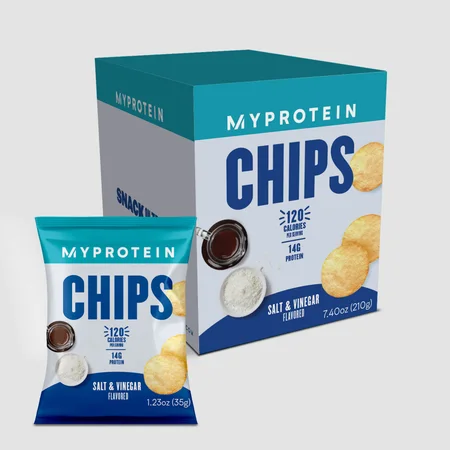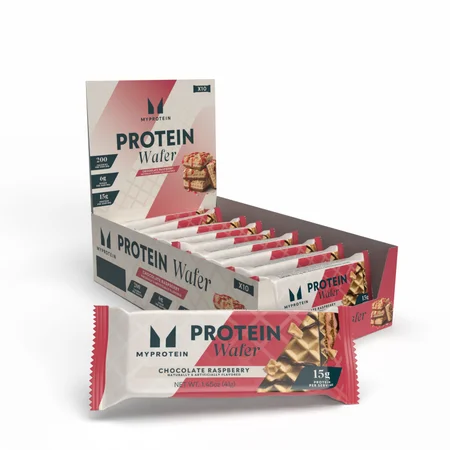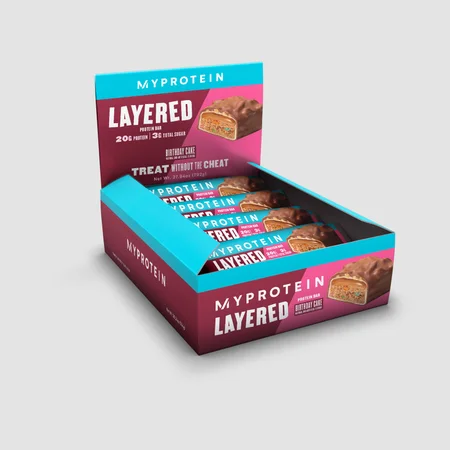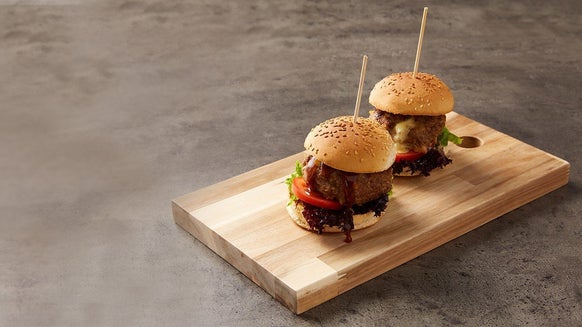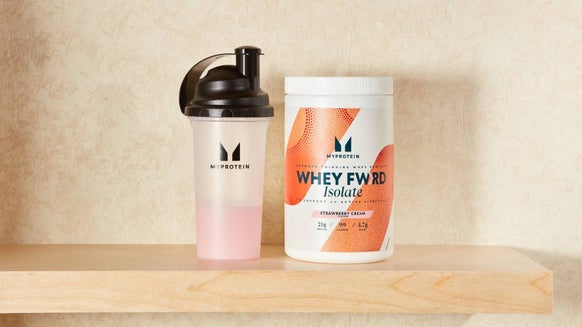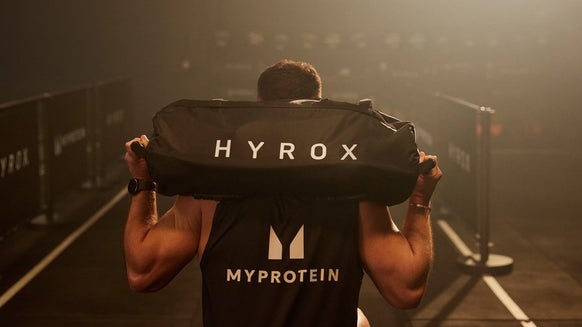
If you've recently visited your local supermarket, you may have noticed the Easter Bunny has taken over, filling the shelves with an array of chocolate eggs and rabbit-shaped treats.
Unfortunately, at this time of year, social media is also full of posts telling people off for indulging “too much”.
But denying yourself the chance to indulge could lead to unhealthy eating habits in the long run. So rather than avoiding the sweet treats, here are some helpful tips for Easter — ignore the nonsense, enjoy the memories, and don’t worry about the calories.

Ignore the nonsense
Over the years, I’ve noticed an increasing culture of shame and guilt surrounding Easter eating habits, whether it's through fad diets, extreme workouts, or other harmful messages. Unfortunately it’s common to find utter nonsense like:
How much exercise you must do to "earn" or "burn off” treats.
How to choose "guilt-free" options.
How to avoid sugar addiction.
How to avoid having Easter eggs or chocolate entirely.
What’s worse is these ideas aren’t even backed up with evidence. We know eating restrictively can significantly increase the risk of overeating and even binge eating behaviours.1
One meal or even several meals or days of eating more than you normally would is not a “bad” thing. Long-term habits are what counts — indulging over a few days is not going to cause you any harm so feel free to enjoy yourself.
In fact, denying yourself treats likely does more bad than good. Restricting ourselves and attaching feelings of guilt or shame to food can increase the risk or recurrence of disordered eating like binge eating, negative thoughts, and depression.2,3
Enjoy yourself
It’s basically impossible to avoid sweet treats at Easter. So don’t. If you want an Easter egg, it’s healthier to have it than not to have it.
Restricting yourself from certain foods can cause harm in the long-term, and a few treats will make little difference to your diet in the short-term. It’s always better to have an inclusive approach to eating than an exclusive one.
The US National Eating Disorders Association says a healthy relationship with food includes “relaxed eating, choosing preferences over positions, and practising balance and flexibility in your eating”, and that following these principles will “let you feel more at peace with food, as well as help you recognize and stop unhealthy habits”.4
This kind of relationship with food also puts you back in control and brings back the joy of eating. Eating should make you happy not miserable, so don’t deny yourself the chance to enjoy food. Think about the memories not the calories.
How to enjoy your Easter
If you’re someone who does feel guilt and shame around Easter (curse you, diet industry!), then here are four simple tips to try to help you overcome those negative feelings and enjoy yourself.
Be inclusive & challenge yourself
Including the foods that you’ve been told are bad for you is a surefire way to challenge the guilt and shame that often accompany them.
But do it in a way you’re comfortable with. You don’t have to eat an Easter egg all in one go. Smash it up and eat it in portions.
Doing this regularly will help tear down any negative associations and reduce urges that can lead to overeating or binge eating.
Be mindful
Taking time out of your day to eat mindfully without any distractions can be challenging, but it provides a more legitimate experience of the food itself and can help improve your relationship with that food overall.
Here's a simple guide to practising mindful eating. You don’t have to follow every step, so feel free to skip any that don’t suit you:
- Choose a quiet and comfortable place to sit down and eat your Easter egg. Turn off any distractions like the TV or your phone.
- Take a few deep breaths to calm your mind and focus on the moment.
- First, appreciate the appearance of the egg. Notice the colours, patterns, and any decorations on the egg.
- Slowly unwrap the egg, paying attention to the sound and feel of the wrapping.
- Take a small piece of the egg and hold it in your hand. Observe its texture, shape, and size.
- Bring the egg piece to your nose and appreciate its smell.
- Place the piece of egg in your mouth and let it rest on your tongue without chewing. Notice the taste and texture of the chocolate and how it feels in your mouth.
- Chew slowly, paying attention to how the chocolate breaks down and the flavours that emerge.
- Consider your thoughts and emotions as you continue to eat. If your mind wanders, gently bring it back to the present moment and the experience of eating.
- Take breaks between each bite and notice how you feel as you eat.
When you’ve finished, take a moment to reflect. Think about how your body feels and how you feel emotionally.
Share it
Ask a family member or friend to join you in enjoying your egg. As much as you may not want to give away your cherished chocolate, sharing the experience may allow you to focus more on the enjoyment of the occasion and less on any negative feelings. Plus, it’s nice to share.
Don’t rush
Sometimes the temptation to eat our treats all in one go is strong. This is fine occasionally, but it’s better to be able to have something sitting in the cupboard you don’t feel compelled to finish.
There’s nothing wrong with eating an Easter egg in one go, but it’s also good to include small occasional treats in a controlled, balanced way.
Take Home Message
Eating brings joy and happiness to our lives. By not restricting your diet and allowing yourself to enjoy treats without feeling bad, you can enjoy a happy, healthy relationship with food. So ignore the nonsense, celebrate the simple pleasures in life, and enjoy your Easter egg.
READ THESE NEXT:

- Burton, A.L., Abbott, M.J. (2019). Processes and pathways to binge eating: development of an integrated cognitive and behavioural model of binge eating. J Eat Disord 7, 18. https://doi.org/10.1186/s40337-019-0248-0
- Scott, N., Hanstock, T.L. & Thornton, C. (2014). Dysfunctional self-talk associated with eating disorder severity and symptomatology. J Eat Disord 2, 14 https://doi.org/10.1186/2050-2974-2-14
- Thew, G. R., Gregory, J. D., Roberts, K., & Rimes, K. A. (2017). The phenomenology of self-critical thinking in people with depression, eating disorders, and in healthy individuals. Psychology and psychotherapy, 90(4), 751–769. https://doi.org/10.1111/papt.12137
- Kronberg, S. (2019). How to have a healthy relationship with food. Retrieved from https://www.nationaleatingdisorders.org/blog/how-have-healthy-relationship-food
